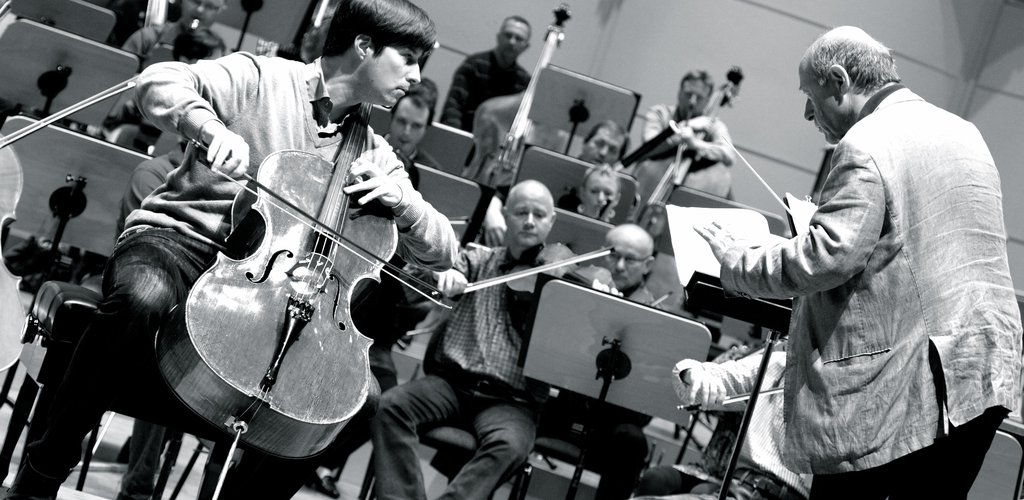
Other

Other
Please note that we use cookies on our website, which are necessary for us to continuously improve our services. Please find out more about the applied technology in the About Cookies and How We Use Them document!
Important: the so-called functional or technical cookies are required for the website to work preoperly. You cannot delete them, but you can delete them in your computer's browser after visiting the website.
Please note that we use cookies on our website, which are necessary for us to continuously improve our services. Please find out more about the applied technology in the About Cookies and How We Use Them document!
Important: the so-called functional or technical cookies are required for the website to work preoperly. You cannot delete them, but you can delete them in your computer's browser after visiting the website.
These cookies help run the website by enabling such basic functions as page navigation or access to the website’s interfaces (for example, purchasing a ticket or starting an embedded YouTube video). The website cannot function properly without these cookies.
Preference cookies enable the website to remember information that changes the accessibility or appearance of the website (for example, based on your preferred language or geolocation).
Statistical cookies help the website’s operator to make a statistical analysis of the website visitors’ activities anonymously (for example, which country visitors come from and how long they stay on the website).
Marketing cookies are used to track visitors’ activities, which may also be placed in your browser by third parties, independent of bfz.hu/en. The aim is to display advertisements that are relevant and engaging for the individual user and thereby more effective for advertisers.
Unclassified cookies are cookies that are set together with the service provider concerned (for example, adding an item to the basket while shopping online).